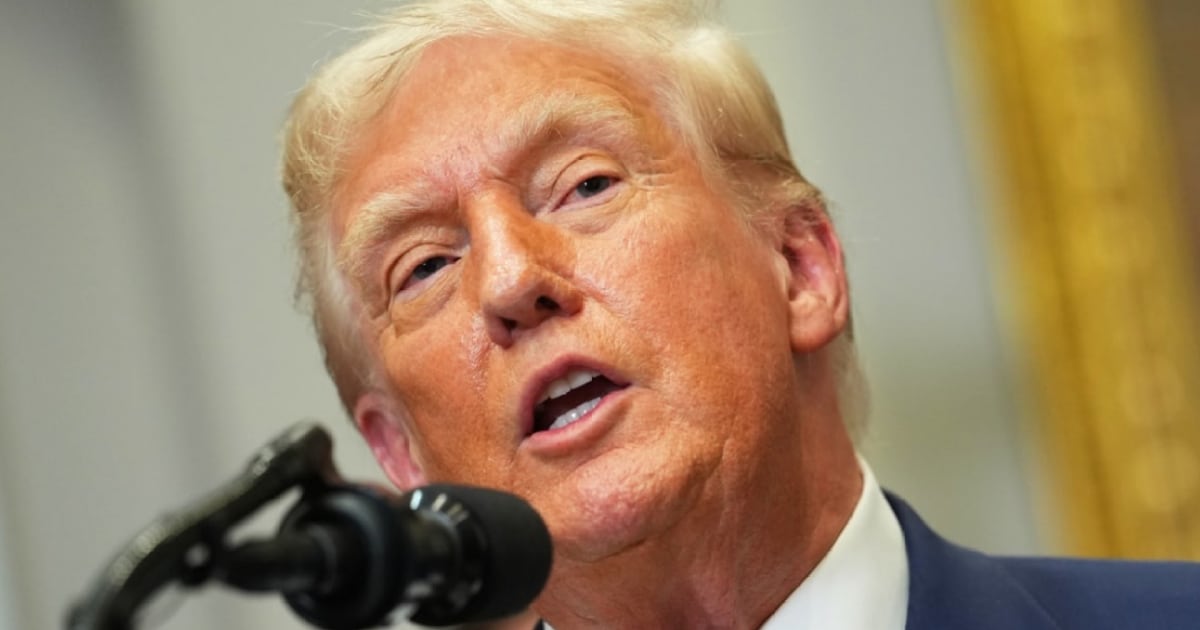Tariff Wars: Expert Calls Trade Tensions a '5-Dimensional Rubik's Cube' – What It Means for Your Wallet

The ongoing trade disputes and tariffs are causing widespread anxiety among Americans concerned about their economic well-being. President Trump's recent imposition of reciprocal tariffs on over 90 countries has amplified these concerns, creating a complex and volatile global trade landscape.
Yale Law School Professor Natasha Sarin has likened the current situation to “a 5-dimensional Rubik’s Cube,” highlighting the intricate and multi-layered nature of these trade tensions. This analogy underscores the difficulty in predicting the long-term consequences and finding effective solutions.
Understanding the Complexity: Why It's Not Just About Prices
While the immediate impact of tariffs is often felt through increased prices on imported goods, the reality is far more complex. Tariffs trigger a ripple effect throughout the global supply chain, impacting businesses, consumers, and entire industries.
Here’s a breakdown of the key factors contributing to the complexity:
- Retaliatory Measures: Tariffs rarely go unanswered. Countries often respond with their own tariffs, escalating the trade war and creating a cycle of economic uncertainty.
- Supply Chain Disruptions: Many products are manufactured using components from multiple countries. Tariffs can disrupt these intricate supply chains, leading to production delays and increased costs.
- Impact on Specific Industries: Certain sectors, like agriculture and manufacturing, are particularly vulnerable to tariff increases. Farmers, for example, have already felt the pinch as foreign markets close off to their products.
- Unintended Consequences: Tariffs can have unforeseen consequences, impacting businesses and consumers in unexpected ways. For example, tariffs on steel and aluminum led to higher prices for cars and appliances.
The Role of Geopolitics
Trade tensions aren't solely about economics; they're often intertwined with geopolitical considerations. President Trump's tariffs have been used as a tool to exert pressure on other countries to address trade imbalances, intellectual property theft, and other concerns.
What Does This Mean for You?
The tariff situation is likely to impact consumers through higher prices on a range of goods, from electronics to clothing. Businesses may pass on increased costs to customers, leading to inflation. Furthermore, the uncertainty surrounding trade policy can dampen investment and economic growth.
Looking Ahead: Navigating the Trade Maze
Professor Sarin’s analogy is apt. Solving this “5-dimensional Rubik’s Cube” will require careful diplomacy, strategic negotiations, and a willingness to compromise. The future of global trade hangs in the balance, and the stakes are high for businesses and consumers alike.
Key Takeaways:
- The current trade tensions are exceptionally complex, impacting far more than just prices.
- Retaliatory tariffs and supply chain disruptions are significant concerns.
- Geopolitical factors play a crucial role in shaping trade policy.
- Consumers can expect to see higher prices and increased economic uncertainty.






